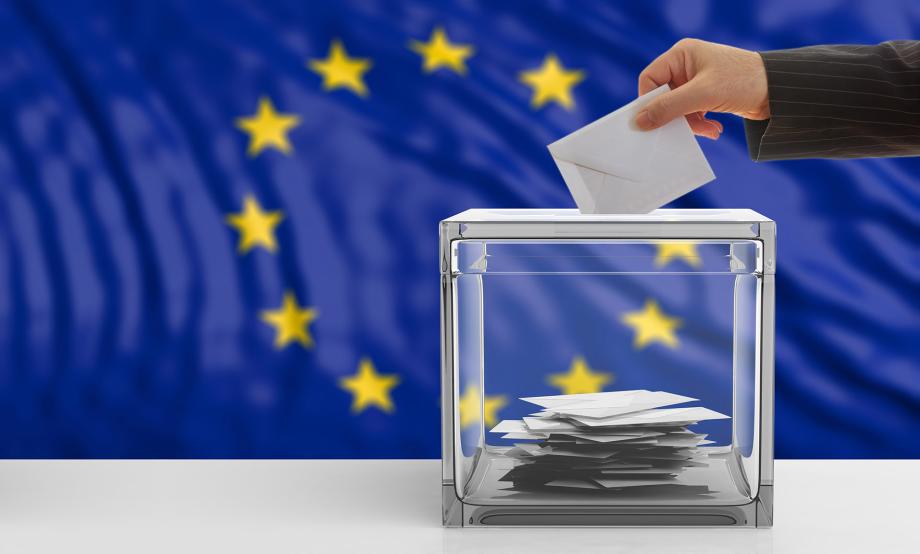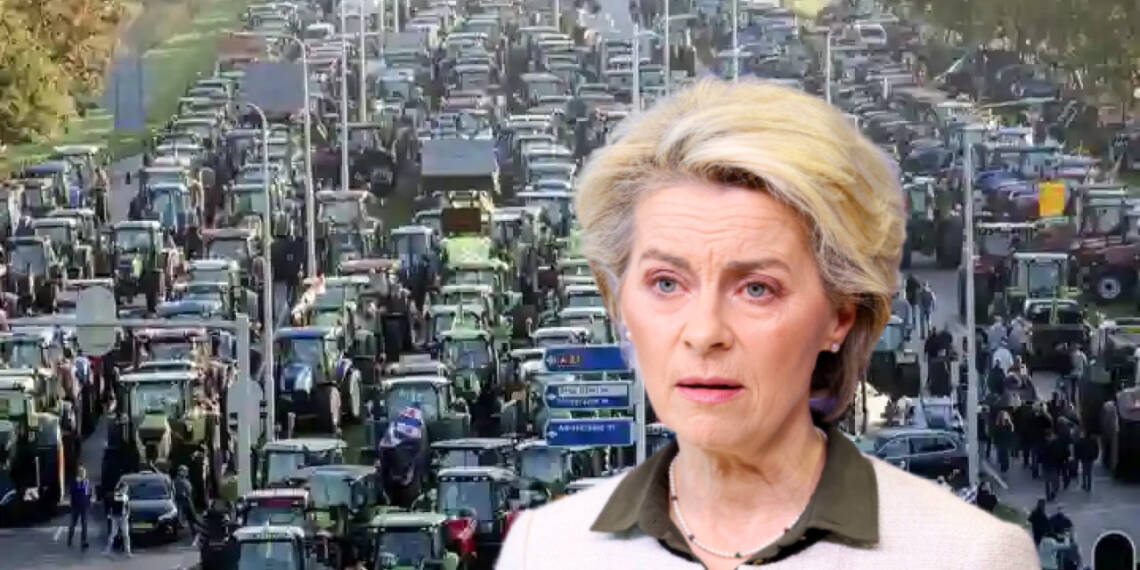One theory stands out as the heroic defender of the forgotten in the vast field of political theories: the “last-place aversion theory” or “last-place voter theory.” This treasure was given to the world by economists Ilyana Kuziemko and Ebonya Washington in their 2015 research paper titled “Why Did the Democrats Lose the South?”
According to this theory, people who believe they are at the bottom of the social hierarchy are more likely to support candidates or policies that will help them maintain their status or open up new opportunities.
Enter Europe, where a similar splendor is unfolding. The upcoming 2024 elections for the EU Parliament are almost a year away, but the preparation has already begun. Amidst the talks of coalitions and strategic election planning, one community has the power to reshape the entire EU—the farmers of the European Union.
The Power of Farmers
During the 2019 EU voting, farmers played a vital role due to their concerns about the Common Agricultural Policy (CAP) reforms, rural development, market access, environmental issues, and the rural-urban divide.
They rallied for policies supporting agriculture, rural communities, and sustainable farming practices. Farmers’ organizations sought candidates who understood their challenges and prioritized their needs, while trade negotiations and environmental concerns influenced their voting preferences.

However, the last mandate turned out to be a broken one, leaving no one satisfied. Fast forward to 2023, and the arithmetic might change. The farmers of the European Union have grown weary of the current leadership, and their dissent is palpable.
To comprehend this dissent, let’s divide Europe into two: East and West. In Eastern Europe, farmers are irate over the EU’s blind-eyed approval of Ukrainian grains. Recently, they took to the streets, blocking roads in protest, demanding action from the EU. Yet, despite their efforts, Ukrainian grains continue to flood the EU market, leaving European crops in disarray.
Moving to Western Europe, Dutch farmers have made global headlines with their protests, which Prime Minister Mark Rutte described as “wilfully endangering others, damaging our infrastructure, and threatening people who help with the clean-up.”
This proud farming nation is under immense pressure to make radical changes to cut harmful emissions, but some farmers fear their livelihoods will be obliterated. Geertjan Kloosterboer, a third-generation dairy farmer, pleads, “It’s in our blood, I want to do this, and if we have to adapt to new situations, I want to, but we have to be fair, it takes time – give me a chance.”
EU’s seemingly illogical mandates, such as slaughtering cows for nitrogen emissions, supporting lab-produced meat, and cutting fertilizer use, have fueled anger and discontent among farmers. Consequently, more than 9 million voters in the EU hold the key to the bloc’s destiny, and currently, it appears that only conservatives will benefit from this dissent.
Read More: In the next one and a half years Hungary is going to reset the EU
The Wooing Tactics
The European People’s Party (EPP), the largest group in the European Parliament and an umbrella for the political center-right, has taken advantage of new legislation aimed at boosting nature restoration. This legislation, currently under negotiation, serves as a way for the EPP to portray itself as a defender of farmers’ interests in Brussels.

Wouter van der Brug, a professor of political science at the University of Amsterdam, acknowledges that farmers may be a small constituency, but their vocal power is immense. Moreover, their plight resonates with broader discontent over the rapid pace of change as Europe pushes through green legislation to combat climate change.
Read More: $10,000 will rip the unity of the EU asunder
Not to be outdone, Meloni’s ECR has actively courted farmers’ votes, aiming to bring liberal EU elites to their knees. And honestly, given the current dissent, their strategy seems to be working.
The farmers have had enough, and they are about to remind the top EU leadership of their strength. With 9 million votes at stake, the fate of the bloc hangs in the balance. As the 2024 elections loom, Europe braces for a political upheaval orchestrated by a seemingly unlikely force—the farmers.
Watch More:








